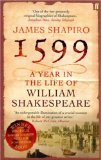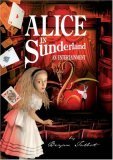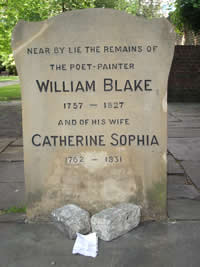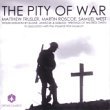Today is National Poetry Day. To celebrate, The Guardian has an interactive quiz taken from I Wandered Lonely as a Cloud: And Other Poems You Half-Remember from School. They also have an attractive set of pictures to illustrate the Top ten nursery rhymes. ‘Booktrust asked 2,500 poeple [sic] to name their favourite nursery rhyme. All together now … here are the top 10.’ Less cheerfully, The Telegraph gloomily forecast Traditional nursery rhymes could be heading for extinction. Rhymes which have been passed down from parent to child for generations are being shunned for more fashionable modern alternatives, ‘experts have warned’. However, they cite one expert, Professor Roger Beard of the Institute of Education (I hope he has a really long beard, too) as slightly contradicting their headline: ‘It is not dying out, but it is a recurring concern that parents of young children are not being encouraged to use nursery rhymes as often as they might do.’
So Booktrust will distribute one million books of the nation’s top eight rhymes in celebration of Bookstart, to help today’s parents rediscover their love for the rhymes. I wonder why they announce the ‘top ten’ but only print eight? Are they inadvertently helping to kill off the unfortunate ninth and tenth: ‘Send for chooper to chop off his head’? Good gracious, they even list ‘Jack And Jill’ as the last of the ‘least popular’ rhymes!



 As I read the Christmas letters, I wonder what happened in the last twelve months that’s worth reporting. It’s hard to remember now – though we did get quite excited when
As I read the Christmas letters, I wonder what happened in the last twelve months that’s worth reporting. It’s hard to remember now – though we did get quite excited when  A happy and melodious Christmas to all our readers! As a follow up to
A happy and melodious Christmas to all our readers! As a follow up to  The
The 
